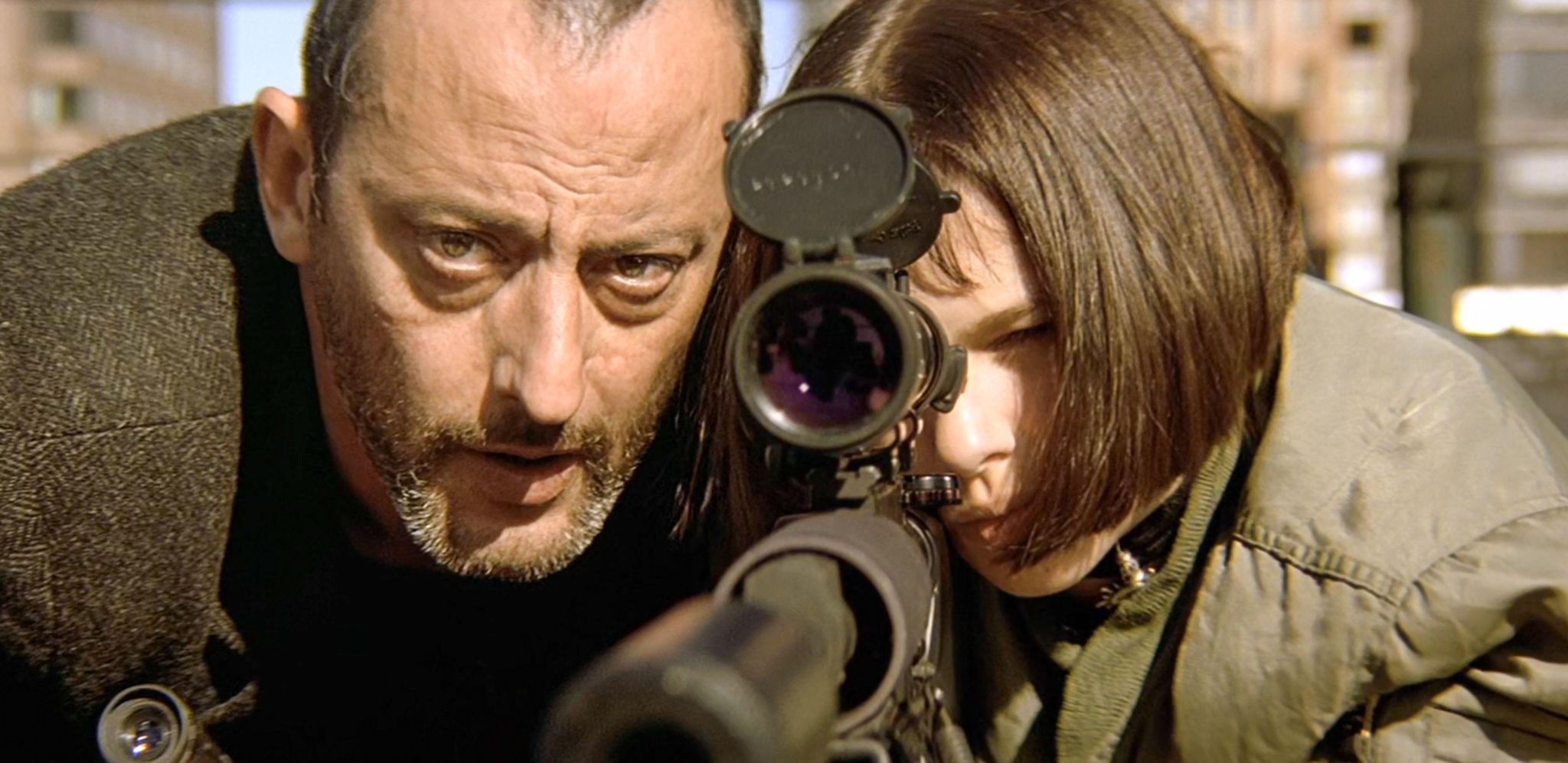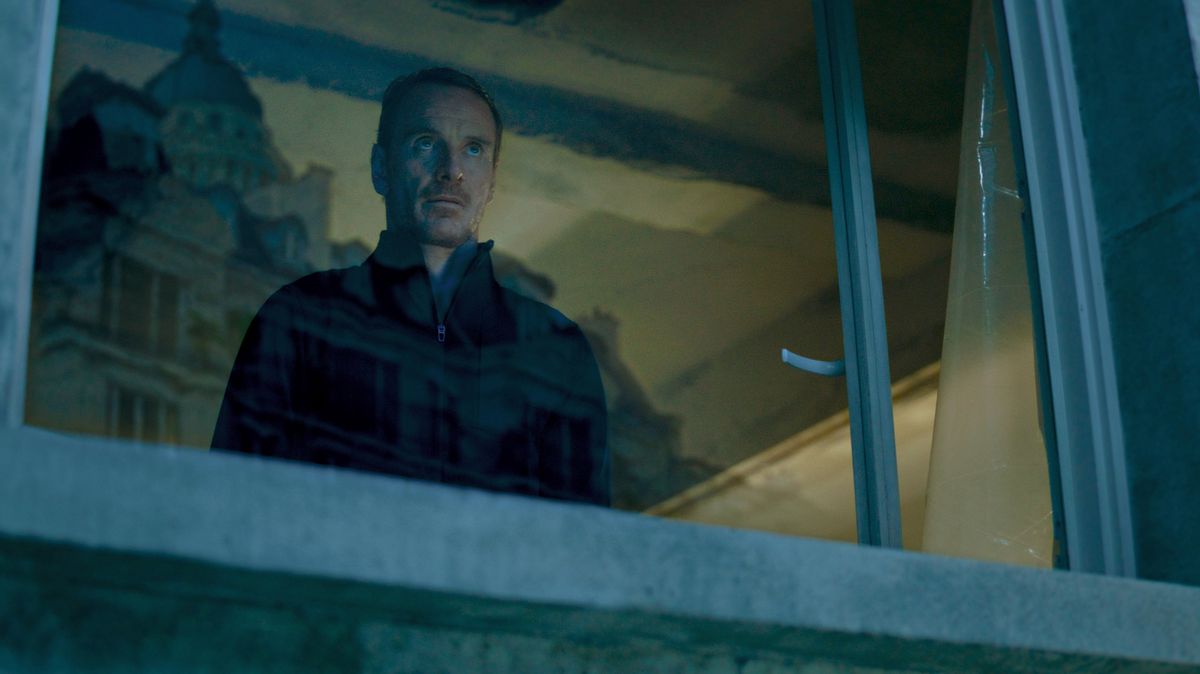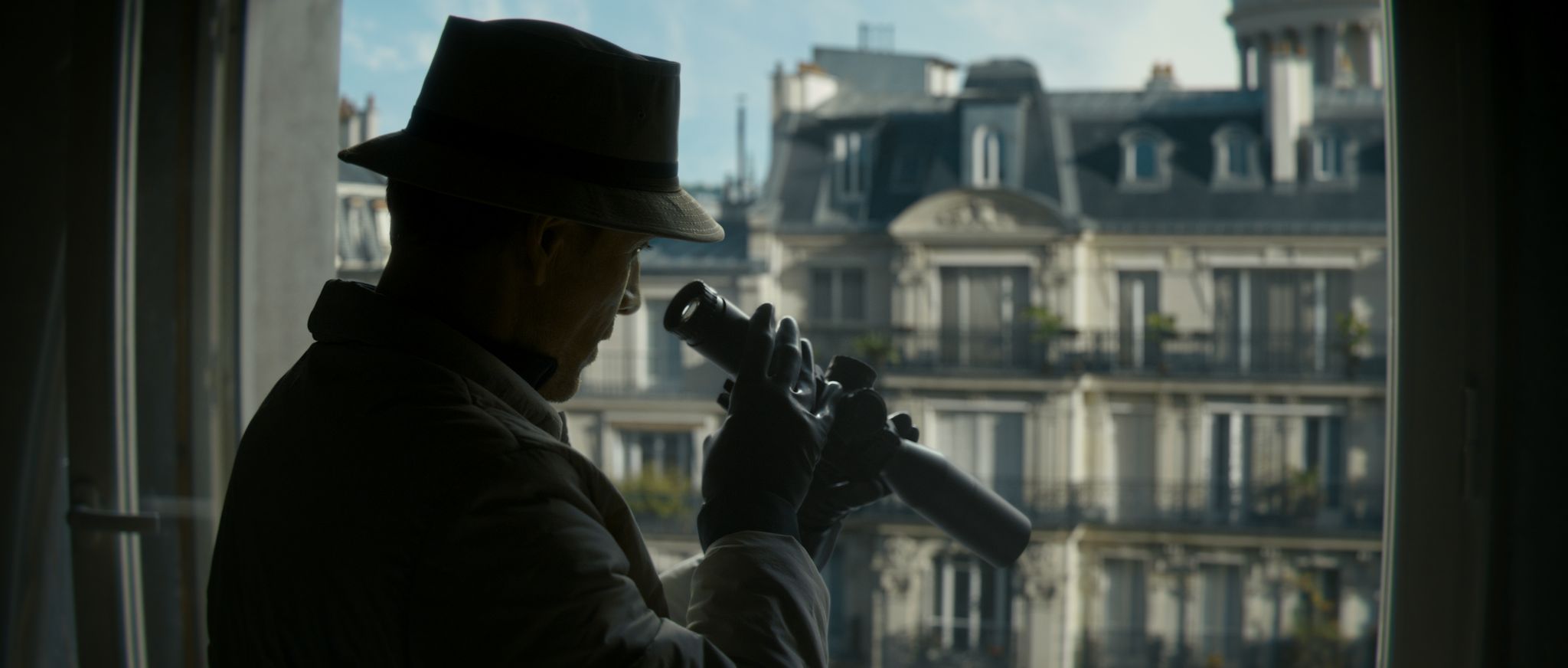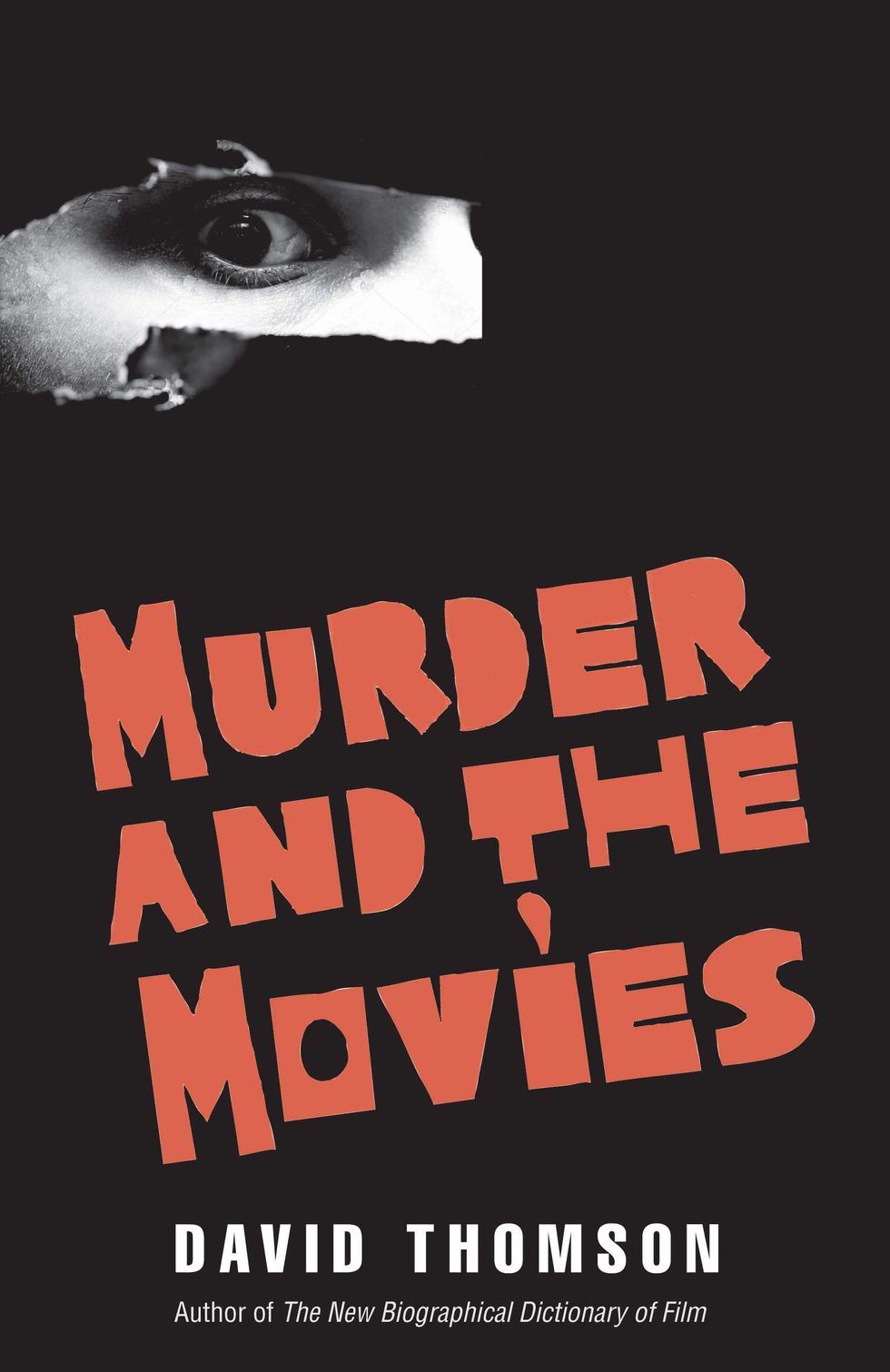All hail the return of Michael Fassbender. The Oscar-nominated actor and X-Men star is back on our screens after a four-year hiatus (drove racing cars, moved to Portugal, had a child) and, wow, what a statement rebirth! He fills almost every frame of David Fincher’s The Killer and is dominant throughout as a top-tier assassin with a penchant for yoga, telescopic sights and the dulcet tones of Morrissey: the soundtrack, filtered through our protagonist’s headphones, is non-stop The Smiths, from opening to closing credits.
Fassbender’s no-name hitman opens the film in grand style, in an empty Parisian office block, where he assembles a powerful sniper’s rifle, performs some impressive downward dogs and ruminates on the central philosophies that have made him, thus far, the best in the business.“Popeye the Sailor said it best: ‘I am what I am!’”he purrs in what becomes near non-stop narration.Later he adds, beaten out in a rhythmic mantra, the more direct, “I. Don’t. Give. A. Fuck!”
“My hope is that someone will see this film and get very nervous about the person behind them in line at Home Depot,” he said. And yet, really, on all available evidence, courtesy of scene after scene of the killer at his most poised, professional and downright suave (knows cars, guns and kung-fu) this is a film that looks consistently and lovingly at its mesmerising anti-hero and quietly coos, like Patricia Arquette’s Alabama in True Romance, “You’re so cool!” And that’s because he’s a sniper.
Movies, clearly, love snipers. Always have and always will. There’s something about them, in their murderous eagle-eyed efficiency — the watching and the sadism — that runs directly into the DNA of the medium. And it’s an appeal that’s unusually devoid of moral context. Think of the great screen snipers such as, say, Edward Fox’s “the Jackal” in 1973’s The Day of the Jackal, stroking his custom-made rifle, complete with silencer, scope and explosive tipped bullets.“Beautiful piece of work,” he drools, minutes before famously blasting a watermelon to pieces in an Italian forest.
Fox’s Jackal is a murder-maniac who uses and then dispatches accomplices and witnesses with barely a flicker of emotion, and yet we somehow admire him. We urge him forward, hoping for the sake of narrative closure that he’ll complete his mission and finally assassinate the anonymous and uninteresting President Charles de Gaulle. If there is a single disappointment in the film, it’s the ineffable sense of frustration that accompanies the climactic killing of the Jackal at the hands of the goodie-goodie establishment. This is rich and complex character terrain, and no wonder Eddie Redmayne has stepped up to produce and star in a new version of The Day of the Jackal, casting himself, of course, as the taciturn sniper. It’s the only role that matters, and it’s why George Clooney essentially remoulded the Jackal when he played a lethal sniper of his own in 2010’s The American. Same role, same reticent efficiency, same obsession with custom-built rifles, muzzle velocity and personal self-belief.
Snipers are superheroes, too, gifted with preternatural powers. Think of Barry Pepper’s sharp-shooting ace in 1998’s Saving Private Ryan, lining up his Nazi targets with, “Blessed be the Lord, my strength, which teaches my hands to war and my fingers to fight!” Or Bradley Cooper as real-life Navy Seal Chris Kyle in 2014’s American Sniper, with his steely stare and cap twisted backwards, instinctively in tune with the elemental world and the conditions required to hit an enemy assassin from a mile out. “Aim small, miss small!” he whispers, while breathing deeply and then, boom! The kill.
At their most cartoonish, movie snipers are almost literal superheroes, such as Luc Besson’s Léon: The Professional (1994), the two stars (Sylvester Stallone and Antonio Banderas) of Assassins (1995), and the cast of this year’s wildly silly Assassin Club. And yet still we watch them and, mostly, find them innately compelling.
Film-makers will tell you it’s because of the parallels. The sniper’s scope, for instance, is directly analogous to the movie camera. The sniper is a director, lining up the “shot”. It’s interesting to note here that in the recent documentary Brainwashed: Sex-Camera-Power, feminist academics explicitly related the shooting of a camera to the firing of a gun and called for the banning of the “s-word” on all future film sets, because the language is too violent and aggressive and too closely associated with murder.
Fincher is certainly aware of this double meaning, and “shoots” an early chunk of The Killer as an homage to Hitchcock’s Rear Window (1954), with Fassbender’s assassin spotting illicit sex in the opposite building through his sniper’s sight. It’s that distance, that anonymity and that power (to kill, or to consume sex unnoticed) that makes the sniper the perfect surrogate for the movie audience. With Rear Window, Hitchcock was saying, “This is why you like movies! It’s because of the dark pervy power!” With The Killer, Fincher is saying, “This is why we like snipers! Same thing!”
And at the root of that power? Well, it’s not pretty. In his recent book, Murder and the Movies, David Thomson suggests that we’re drawn to watching murder on screen because it taps our bleakest desires to do the same. Films, he says, “are serving up the meat for our fantasies, and in that process they are licensing and indulging taboos against ravishing and murder”. In short, he says that we watch those exquisite kill shots because part of us (maybe most of us?) wants to pull the trigger.
The sniper, in this context, becomes an even more troubling obsession. He is (and it’s mostly “he”, despite some iconic exceptions from La Femme Nikita (1990), Wanted (2008) and Battle for Sevastopol (2015)) confident, accomplished, and the aspirational role model of how to rise to the top of any given profession through achievement, dedication and, obviously, ruthlessness.He’s a movie archetype that we love, and we return to incessantly — hence the rebirth of Fassbender. And that’s because the sniper is impossibly cool, he kills and, unfortunately, he is us. ○
The Killer is on Netflix now.















